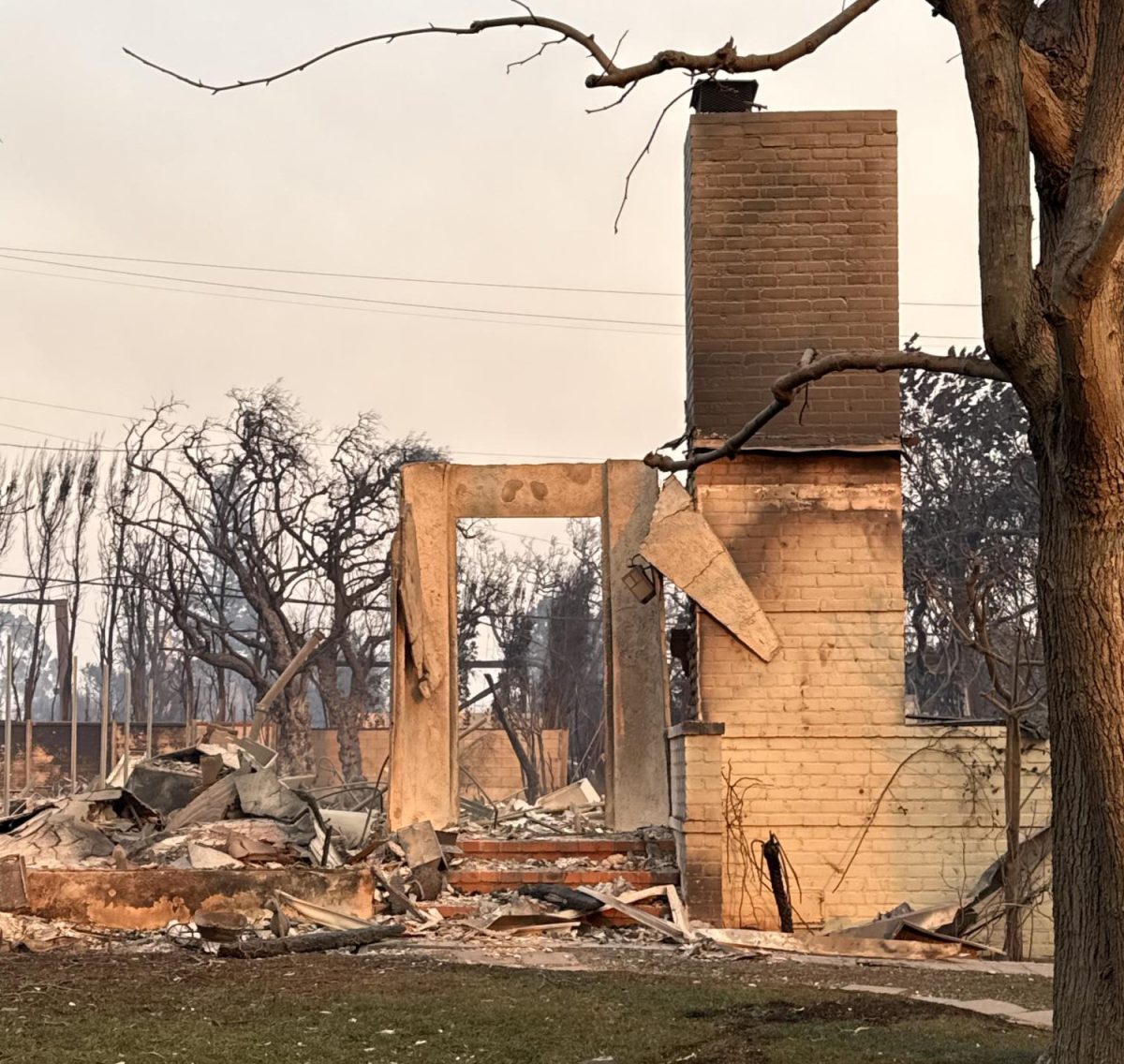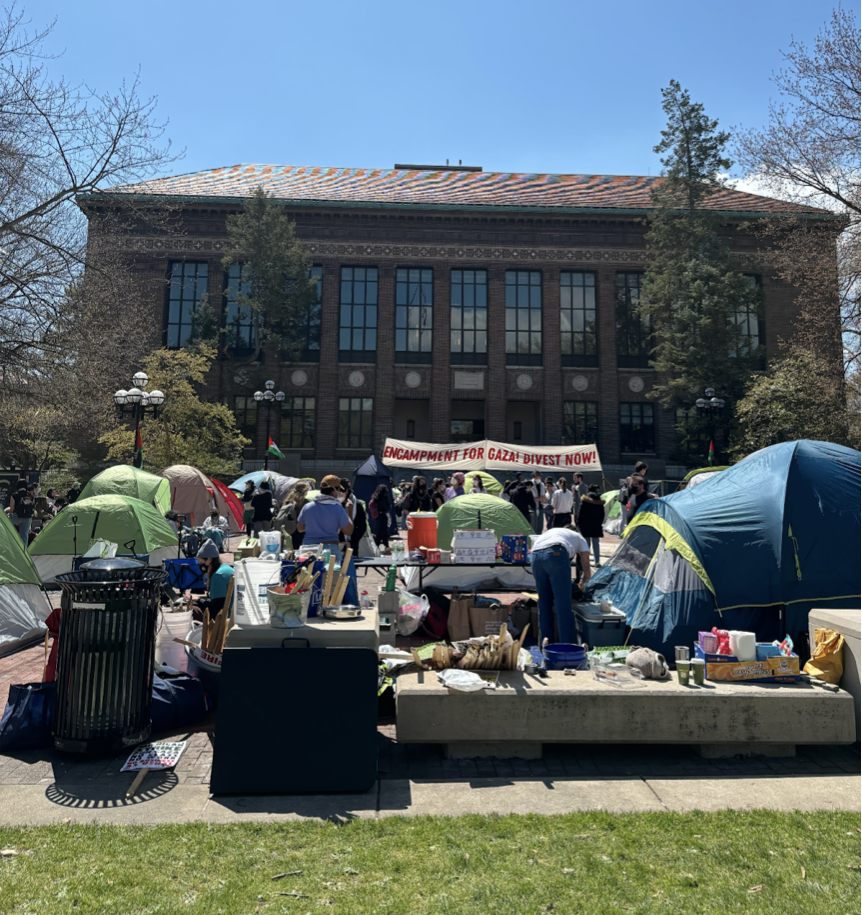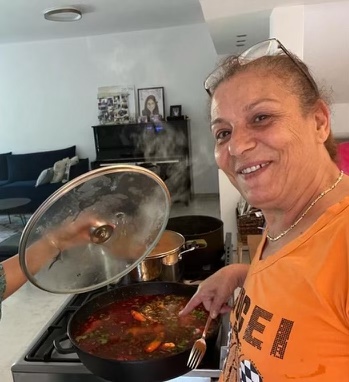Despite its small size, Japan’s Jewish community of 2,000 organized unique relief-efforts when a 9.0-magnitude earthquake and tsunami struck northeastern Japan on March 11. Besides raising funds to supply refugees with clothing, hot food, and ice cream for the children, community members sent kosher chickens and challahs to an IDF team based in a tsunami-washed town.
“As everyone is fine here in Tokyo we are mainly concentrating on sending funds up North plus we sent a lot of food,” said Arie Grossman, a member of Tokyo’s Jewish Community of Japan (JCJ), in a phone interview with The Boiling Point. “Now we’re helping and supporting the IDF delegation. They have a field hospital and fresh food that they ran out of.”
Japan’s Jewish community, dating from 1853, consists of two Chabad houses and a synagogue in Tokyo, and another synagogue in Kobe, located in Western Japan. There are no Jewish schools or kosher restaurants, but instead a 70-student Sunday religious school at the JCJ and a Chabad-run Kosher Delica.
“It’s very much a Japanese-Jewish community,” said one of JCJ’s vice presidents, Larry Greenberg, in a phone interview with The Boiling Point, describing the conservative community as very inclusive and international. “Many of the members are Japanese who converted to Judaism or who married Jews, and quite a few Japanese people who were drawn to Judaism and are active members.”
A few days after the earthquake, the JCJ e-mailed its 120 registered members to organize a food drive and begin a fundraising a disaster-relief campaign with the American Jewish Joint Distribution Committee. The organizations raised over 60,000 dollars in Japan, which they donated through JEN, a Japan-based non-profit which allocates relief for international disasters.
“It was only about two or three days after the earthquake that one member of the community helped organize a shipment of at truck with food stuffs and blankets,” recalled Mr. Greenberg.
Meanwhile, one of the Chabad houses of Tokyo, opened in 1999 and led by Rabbi Binyomin Edery, paired up with a National Azabu supermarket to sponsor a food and clothes drive.
“We collected it [the supplies] and brought it to Sendai and organized the distribution there,” said Rebbetzen Efrat Edery.
The city of Sendai was only 80 miles from the earthquake’s epicenter. While it took him six-hours to get there, Rabbi Edery went to Sendai the day after the earthquake and registered as a volunteer.
Over the next few weeks, a Chabad group regularly drove hot food trucks to the refugees, who learned to recognize the Rabbi and his crew.
“In the beginning the Japanese, especially in Sendai, were suspicious – they didn’t know who he is, the rabbi,” said Mrs. Edery, an Israeli. “When they saw how much he was doing for them, the governor of the area thanked him. They had a city hall gathering and they all bowed to the floor – that’s how they show their appreciation.”
Soon after the earthquake, the mayor of Kurihara, a disaster area, called the Israeli embassy in Japan and requested a delegation. According to Akiko Nakayama, who works as an information officer in the embassy, the Israeli government immediately agreed.
“He [the mayor] had a close relationship with Israel,” said Ms. Nakayama to The Boiling Point. “He used to volunteer in a kibbutz in Israel when he was young.”
Ms. Nakayama asserted that the 50-member IDF delegation, the first medical team to arrive in Japan, set up a field hospital based in Minami Sanriku, which the tsunami had almost completely destroyed.
“Israel was the first one,” she said. “Some of the countries have a rescue team but not medical delegations.”
The delegation stayed from March 27 through April 10.
“The Israeli government sent two charter flights to bring the delegation,” Ms. Nakayama said. “One of the flights was used to bring all kind of materials – medical equipment, food for refugees, and food for themselves. Some of the doctors or nurses keep kosher so they had to bring by themselves their food.”
The IDF team set up a kosher kitchen for baking challahs, but it started to run out of kosher food and there was a shortage of water and flour.
According to an email sent from Rabbi Antonio Di Gesu of the JCJ to the community on April 11, “the JCC provided the IDF with approximately 100 freshly-baked challah, 60 kilos of fresh vegetables and 60 frozen chickens that were used this past Shabbat.”
Meanwhile, Sunday school students at the JCJ made drawings or wrote letters to the Israeli soldiers “thanking them for all their hard work,” wrote Hannah Rosenfeld, a 16-year-old member of the JCJ, in an e-mail to The Boiling Point. “In the end all of their works were put together into an album and was given to the Israeli medical people.”
According to Mr. Greenberg from the JCJ, a significant portion of the Jewish community has left Tokyo from fear of the spread of the radiation.
“I’ve been here 25 years, and I never felt anything like that,” he said. “I went outside and saw shock waves literally on the street. It looked like snakes were crawling on the streets.”
Hannah left Tokyo for two weeks with her family three days after the earthquake, driving south to Nagoya to get further away from the damaged Fukushima nuclear power plant.
“There are a number of kids from both the Jewish community and the school I go to who haven’t returned yet in fear of either another earthquake or a nuclear meltdown, which would be the worst-case scenario,” Hannah wrote.
However, she was impressed with the conduct of the people who stayed.
“I am half American and half Japanese, so I would have to say that I do feel a strong sense of nationalism towards my country,” she wrote. “Even though it’s one of the worst devastations since WWII hit Japan, people are calm, and even in the affected areas people are lining up to get their share and it seems as though the word ‘looting’ doesn’t even exist here.”
Mr. Grossman, who had made the trip to the IDF’s base, said that the interaction between Israel and Japan will affect the two countries’ future relations.
“The fact that Israel could break the ice and get in there and support and give medical treatment is something that is unusual, and the Japanese are very much appreciative of the act of Israel,” he said.







